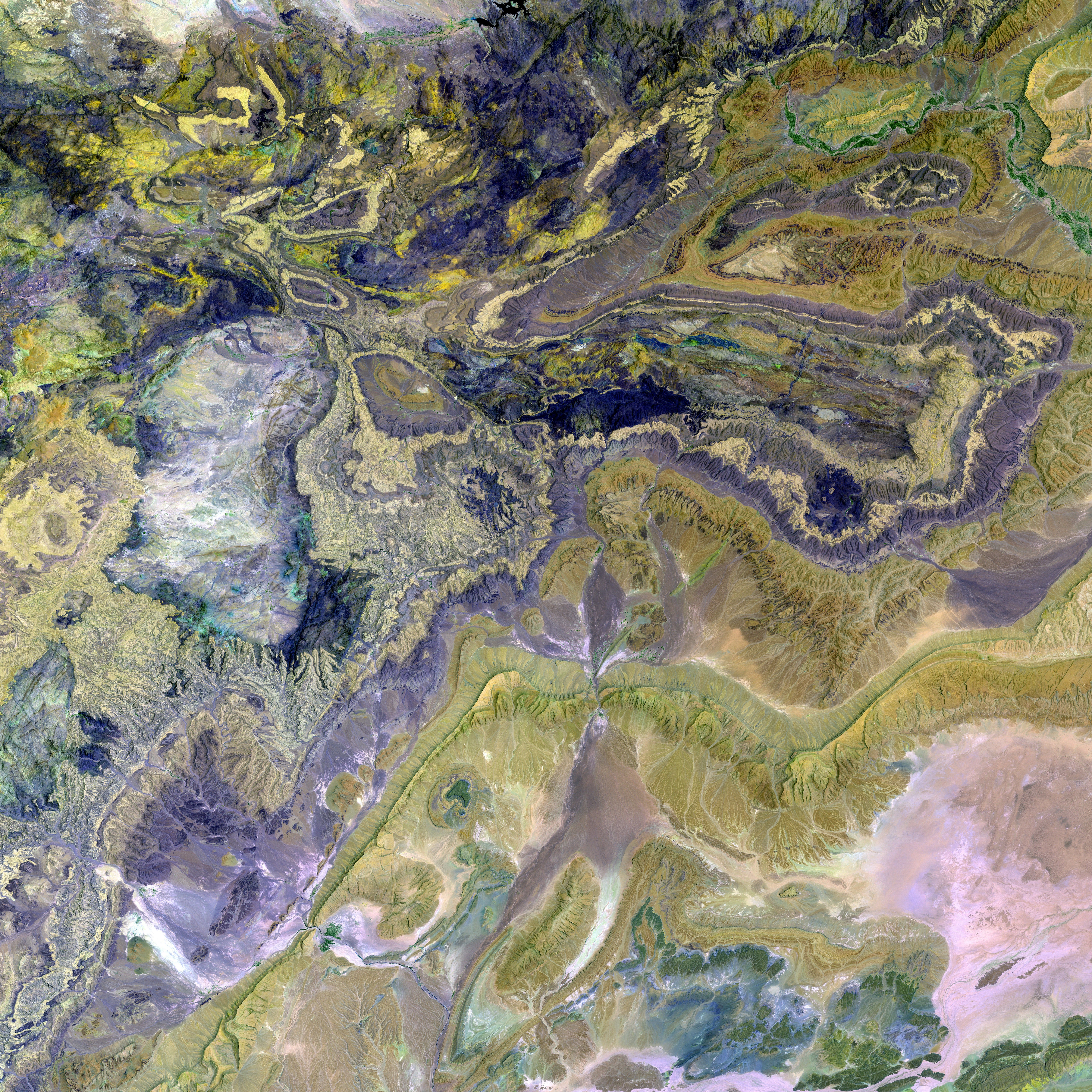Rapid onset and severe rosacea: Triggers, signs, and remedies
Rosacea Fulminans: A Rare and Severe Skin Condition
Rosacea fulminans is an uncommon and severe form of rosacea, characterized by a sudden onset of inflammation, pustules, and potentially necrosis. This condition primarily affects the central part of the face, including the forehead, nose, cheeks, and chin.
Rosacea fulminans typically develops in women of childbearing age, although the precise cause remains unknown. One study suggests a potential link between rosacea fulminans and conditions such as inflammatory bowel disease and pregnancy, although this association requires further investigation.
Symptoms of rosacea fulminans may include redness, inflammation, painful nodules or pustules that can merge, and significant facial discomfort. Some individuals may also experience ocular symptoms, such as itchy or burning eyes and light sensitivity. Rare systemic symptoms, such as fever and fatigue, may occur.
Treatment for rosacea fulminans involves various strategies, including oral isotretinoin, corticosteroids, and lifestyle changes such as stress management and dietary adjustments. Identifying and avoiding triggers, such as spicy foods, alcohol, certain medications, and histamine-rich foods, may also help manage symptoms.
If a person experiences symptoms beyond typical rosacea or acne, including large tender nodules, abscesses, or persistent discomfort, or if symptoms persist despite over-the-counter medications or rosacea therapies, it is advisable to consult a dermatologist or healthcare professional promptly. Early intervention can help improve the management of symptoms and address any emotional distress associated with the condition.
While there is limited direct evidence linking rosacea fulminans with inflammatory bowel disease (IBD) or pregnancy, ongoing research continues to explore potential associations between inflammatory conditions. Healthcare professionals can offer personalized care and comprehensive management strategies tailored to each patient's needs.
In some cases, pregnancy may require cautious management of medications used for rosacea fulminans due to teratogenic risks. It is essential to consult a healthcare professional for advice on appropriate treatment during pregnancy.
Rosacea fulminans is rare, and while its exact causes remain uncertain, early recognition and appropriate treatment can improve its management and help reduce the risk of complications. If you suspect you may have rosacea fulminans, speak with a dermatologist or another healthcare professional for proper evaluation and guidance.
- Rosacea fulminans, a rare and severe skin condition, requires a dermatologist's attention due to its uncommon onset of inflammation, pustules, and potential necrosis on the central part of the face.
- In heralding significant facial discomfort and symptoms such as redness, inflammation, and painful nodules or pustules, rosacea fulminans differs from typical rosacea or acne.
- Some medical-conditions like inflammatory bowel disease and pregnancy may have a potential link with rosacea fulminans according to a study, although further investigation is necessary.
- To manage rosacea fulminans but also consider pregnancy-related concerns, patients can consult a healthcare professional for a personalized treatment plan involving skin-care strategies, medications, and lifestyle adjustments within the realm of health-and-wellness and dermatology.








